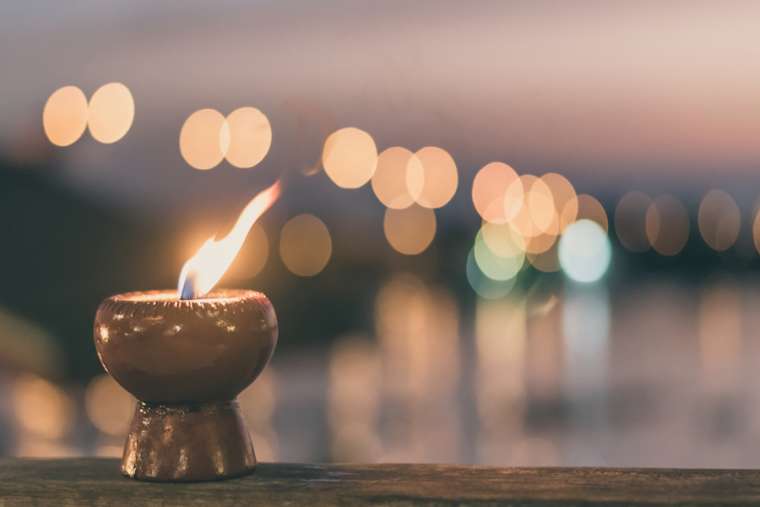The coronavirus pandemic has upended social life, politics and the economy. It may also transform the nature of grieving, an expert on the mourning process has said.
Dr Lynn Bassett told CNA that relatives of those dying of the coronavirus were likely to experience a form of bereavement known as “complicated grief,” associated with sudden death.
Bassett, who served for 14 years as a healthcare chaplain, is a consultant for the Art of Dying Well at St. Mary’s University in Twickenham, London, a centre for public engagement, research and policy on death, dying and bereavement.
“Coronavirus is giving us sudden death because people are often quite well and deteriorate very rapidly,” she said. “It’s leaving us not being able to say goodbye because of the infection problems.”
“People are whisked away and you may not see them. The chances of having a conversation are probably small. And then there’s the enormity of the whole pandemic.”
The U.K. has been badly hit by the virus. On May 5, the country overtook Italy as the European country with the highest number of recorded deaths from the coronavirus.
According to media reports, many have died in hospital with family members isolated at home.
“It is just so difficult,” Bassett said. “We’ve never known anything like this. My background is in palliative care. We’ve spent so much time encouraging people to sit by the bedside and be with their loved ones.”
“And suddenly it’s just a complete reversal. We’re hearing the stories: people are swept away in an ambulance and their family never see them again. And that complicates grief so much.”
Bassett praised medical workers for their care of patients and families during the pandemic, noting that hospitals have dedicated liaison staff who keep in touch with relatives.
“But, even with patients who do not have the virus, it doesn’t alter the fact that their relatives may not be allowed in or they may only be allowed a few minutes. They may be fully garbed up in PPE [personal protective equipment]. They may have a view through a window. Or they might just be at home — which is unimaginable.”
Frozen grief
Citing the psychotherapist Julia Samuel, Bassett said that relatives’ grief might be “frozen” until the crisis eases.
“Because we are living in the middle of it, it somehow almost stops the permission to begin to grieve,” she said. “There is a funeral, but not as we know it. There’s no church funeral, no hymns, no family there, or not many — all those things that support the understanding of the reality of the death are diminished.”
“The concrete experiences that help you to move from denial to acceptance are not so much there.”
There are reports on social media of relatives only being able to watch the funerals of their loved ones via livestream due to the lockdown.
Asked what advice she would offer if she were counselling such families, Bassett said: “It’s not so much advice as it is about listening and allowing them to tell their story. One might think that it’s helpful to at least see something of the funeral on the computer. But in some ways it is and it isn’t. We will all have our emotional reactions to that.”
“The only way you can possibly support somebody is by finding out or by listening to or helping them to hear what it is about the experience that was particularly hard for them.”
“It’s not a factual discussion. It’s not: ‘Well, would you have preferred not to have the livestream facility?’ It’s about: ‘Well, what feelings did that evoke? How do you feel now? Is there anything positive that you could take away from the fact that you did actually see something of the funeral?’ And just listening and listening.”
“A lot of it is about rehearsing that story, which is the way that we humans tend to heal.”

